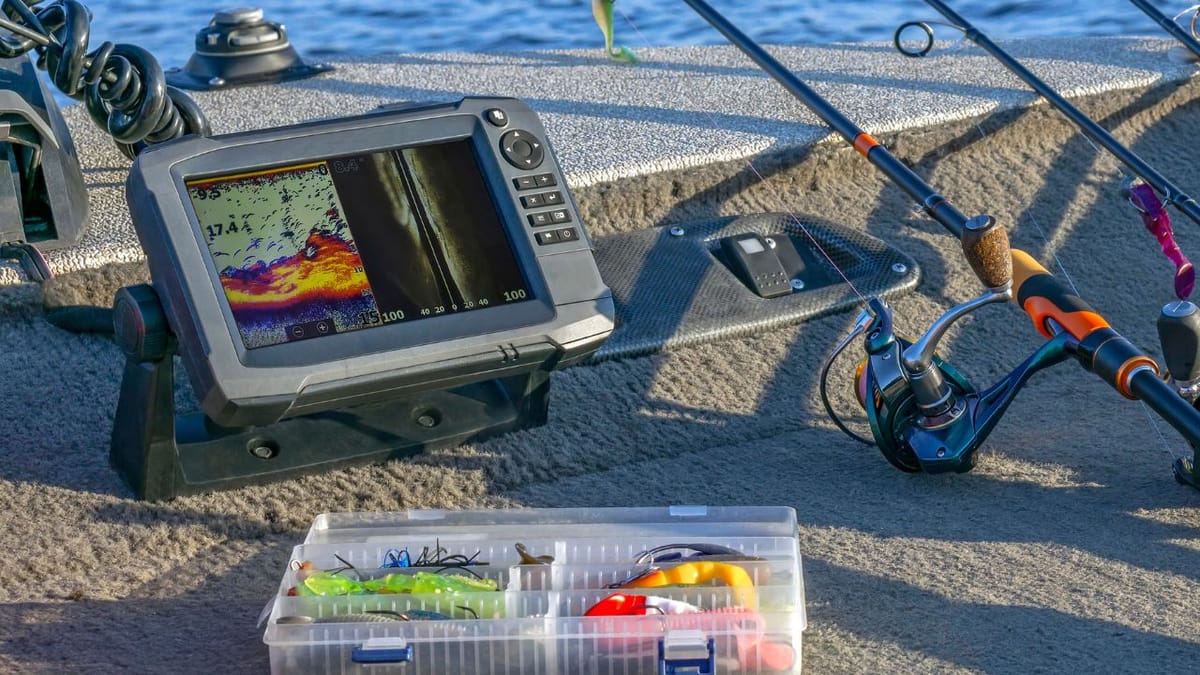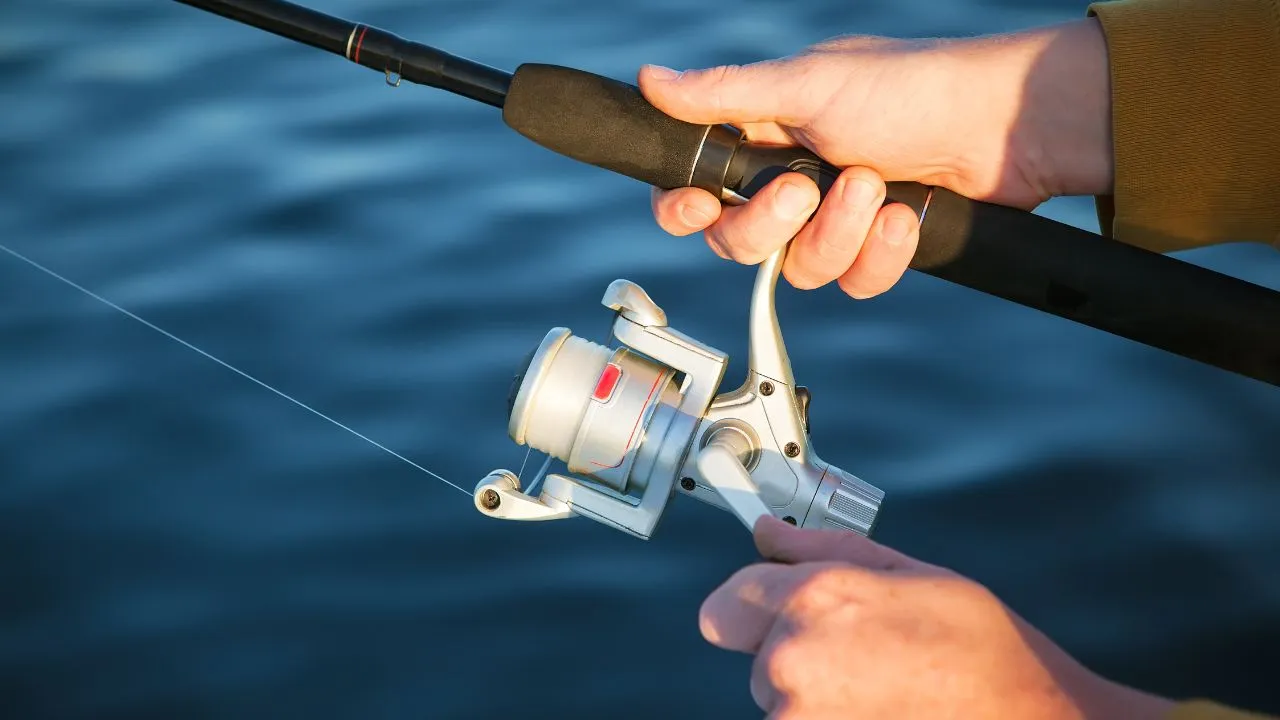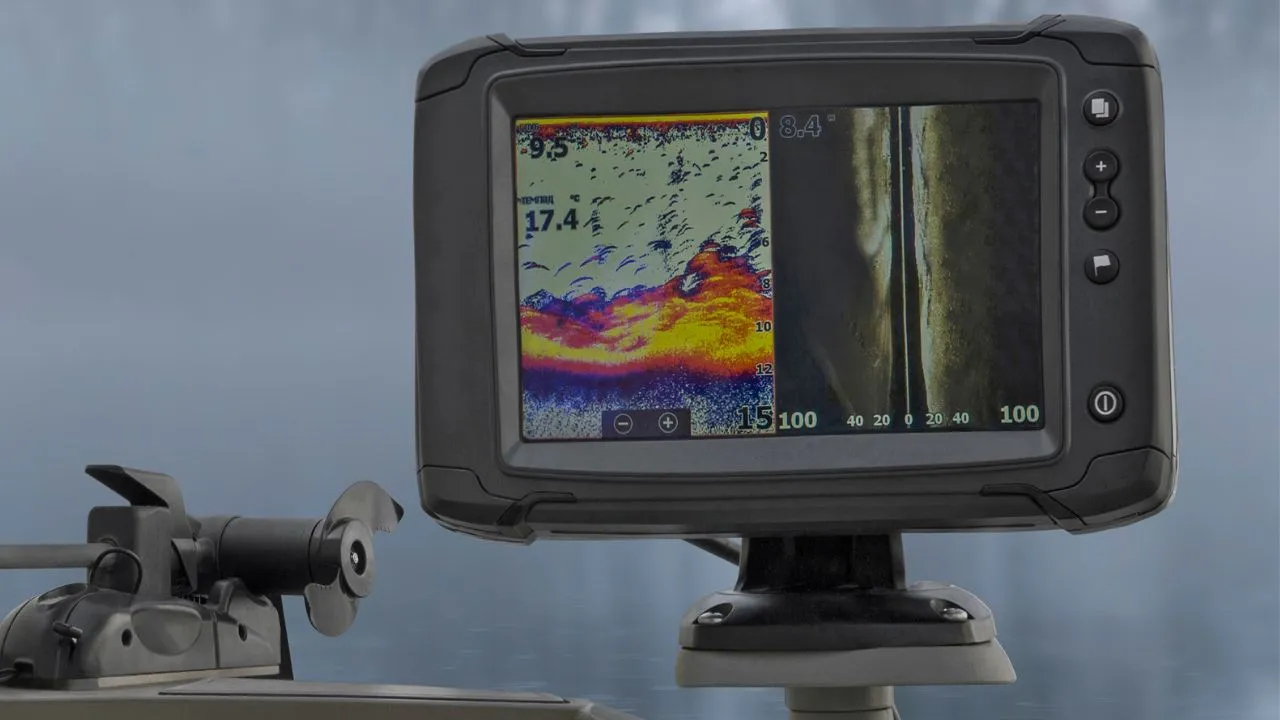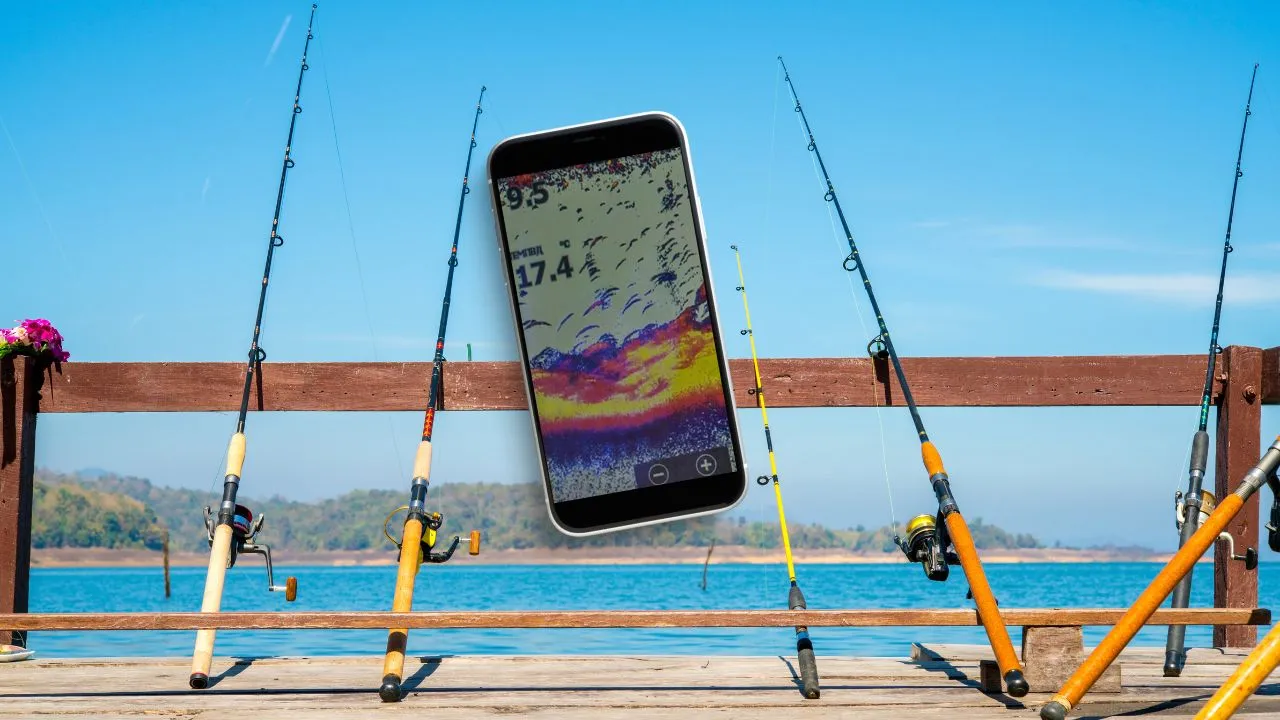Table of Contents
Fish enthusiasts, anglers, and marine biologists often wonder about the tools available for identifying and studying fish in their natural habitats. One question that frequently comes up is whether there is such a thing as a mobile fish scanner. Yes there are! This article delves into the current state of technology to answer that question and explore the potential of mobile fish scanning.
Key Takeaways:
- Mobile fish scanners exist and are used for various purposes, including recreational fishing, research, and conservation.
- These devices use different technologies, such as sonar and image recognition, to identify fish species and gather data.
- The integration of mobile fish scanners with smartphones and other devices has made them more accessible to a wider audience.
With detailed and rigorous research, we provide our readers with the finest recommendations. Our recommendations are our opinions. Our cause is backed by reader support- for every click made through one of our affiliates links, a commission may be earned at no extra expense to you! As an Amazon Associate, Reviewsopedia may earn a commission from qualifying purchases. Thank you and enjoy!
What is a Mobile Fish Scanner?
A mobile fish scanner is a portable device designed to identify and provide information about fish in a given body of water. These devices can range from simple, handheld gadgets to more sophisticated systems that integrate with smartphones or tablets. The primary function of a mobile fish scanner is to assist users in recognizing fish species, understanding their behavior, and in some cases, even estimating their size and population.
The technology behind these scanners often involves sonar or underwater imaging, which can provide real-time data to the user. This information is not only valuable for fishing enthusiasts looking to catch a specific type of fish but also for researchers conducting studies on aquatic life. Brands like Deeper, iBobber use your phone. For more information visit our article about, "Can I turn my phone into a fish finder".
The Technology Behind Fish Scanners
Fish scanners typically use one of two main technologies: sonar or optical recognition. Sonar-based scanners emit sound waves that bounce off objects underwater, including fish. The returned echoes are then analyzed to determine the presence and characteristics of fish. On the other hand, optical recognition involves capturing images or video footage underwater and using software algorithms to identify fish species based on their shapes, colors, and patterns.
Both technologies have their advantages and limitations. Sonar can detect fish in murky waters where visibility is low, while optical recognition provides more detailed images that can be crucial for species identification. Advances in technology are continually improving the accuracy and capabilities of both methods.
Practical Uses of Mobile Fish Scanners
Mobile fish scanners are not just for hobbyists; they serve practical purposes in various fields. For recreational fishing, these devices can enhance the fishing experience by helping anglers locate fish more efficiently. In scientific research, mobile fish scanners are invaluable tools for monitoring fish populations, studying their behaviors, and assessing the health of aquatic ecosystems.
Conservation efforts also benefit from mobile fish scanners. By providing data on fish species and their habitats, these devices help in creating effective management plans to protect endangered species and maintain biodiversity in our waters.
Integration with Smart Devices
One of the most significant advancements in mobile fish scanning technology is its integration with smart devices. Many modern fish scanners can connect to smartphones and tablets, providing users with a user-friendly interface to view and analyze data. These apps often include features like GPS mapping, data logging, and even social sharing, allowing users to record their findings and share them with a community of like-minded individuals.
This integration has made mobile fish scanners more accessible and convenient, as most people already carry a smartphone with them. It also opens up opportunities for citizen science, where amateur researchers can contribute to scientific data collection.
The Role in Research and Conservation
Mobile fish scanners play a crucial role in research and conservation efforts. By providing accurate data on fish species and their numbers, these devices help scientists track changes in aquatic ecosystems. This information is crucial for understanding the impacts of environmental changes, such as climate change and pollution, on marine life.
Conservationists also use mobile fish scanners to monitor protected areas and ensure that fish populations remain healthy. These tools can help detect illegal fishing activities and enforce regulations designed to preserve marine biodiversity.
The Future of Mobile Fish Scanning
The future of mobile fish scanning looks promising, with continuous improvements in technology. We can expect to see even more accurate and user-friendly devices in the coming years. Innovations like artificial intelligence and machine learning could further enhance the capabilities of fish scanners, making them smarter and more efficient at identifying species.
As the technology becomes more widespread, it could also become a standard tool for anyone interested in the aquatic environment, from casual beachgoers to professional marine biologists.
Choosing the Right Mobile Fish Scanner
When selecting a mobile fish scanner, it's essential to consider the intended use. For casual fishing, a simple and affordable device may suffice. However, for research or conservation work, a more advanced scanner with higher accuracy and additional features might be necessary.
It's also important to look at the compatibility with other devices, battery life, and the quality of the accompanying software. Reading reviews and comparing different models can help in making an informed decision.
Ethical Considerations and Best Practices
While mobile fish scanners offer many benefits, it's crucial to use them responsibly. Anglers should follow local fishing regulations and practice catch-and-release when necessary to minimize the impact on fish populations. Researchers and conservationists must also ensure that their use of these devices does not disturb the natural behavior of marine life.
Adopting best practices, such as avoiding overfishing and respecting protected areas, will help ensure that mobile fish scanners are used in a way that benefits both humans and the aquatic environment.
Summary
Mobile fish scanners are innovative tools that have revolutionized the way we interact with and study marine life. They offer a range of applications, from enhancing the fishing experience to aiding in scientific research and conservation efforts. With the integration of smart device technology, these scanners have become more accessible and user-friendly, allowing for broader participation in marine exploration and data collection. As technology advances, we can expect mobile fish scanners to become even more sophisticated, further contributing to our understanding and protection of aquatic ecosystems.
FAQ Section
Can mobile fish scanners identify all fish species?
While mobile fish scanners are quite advanced, they may not be able to identify every fish species, especially rare or newly discovered ones. The accuracy of identification depends on the technology used and the quality of the data.
Are mobile fish scanners harmful to fish or their habitat?
When used responsibly, mobile fish scanners are not harmful to fish or their habitats. It's important to follow ethical guidelines and best practices to ensure minimal disturbance to marine life.
How much does a mobile fish scanner cost?
The cost of a mobile fish scanner can vary widely depending on its features and capabilities. Basic models may be quite affordable, while advanced scanners with additional functionalities can be more expensive. It's best to research and compare prices to find a scanner that fits your needs and budget.
Other Related Articles












